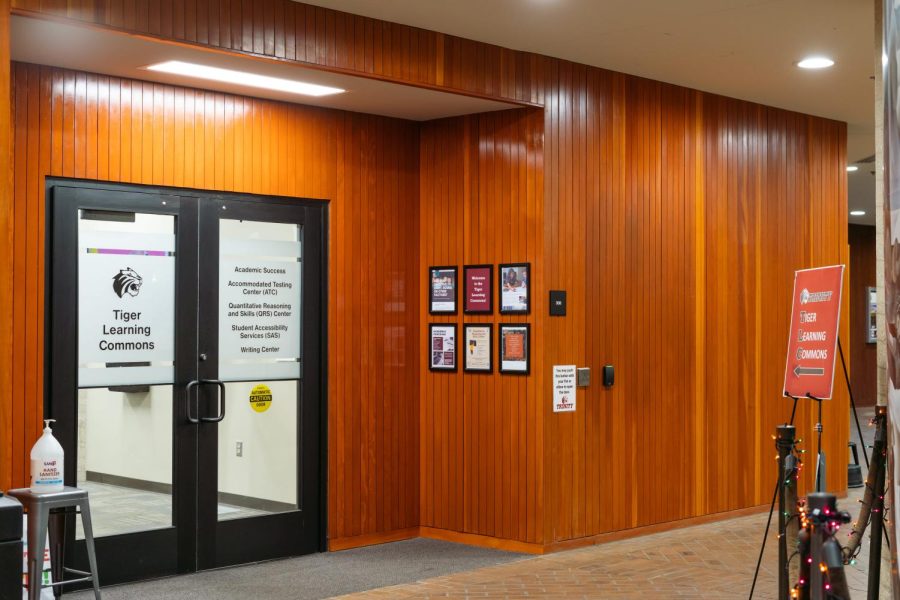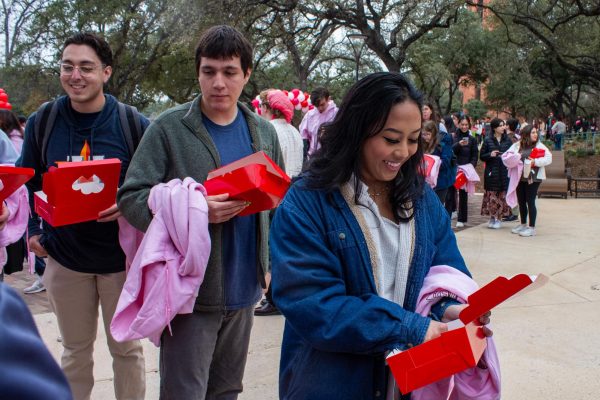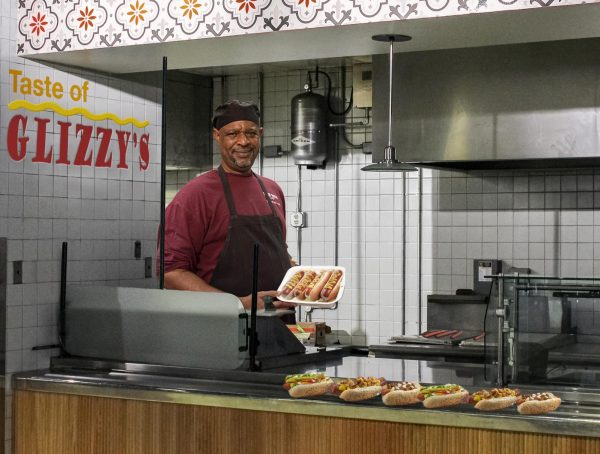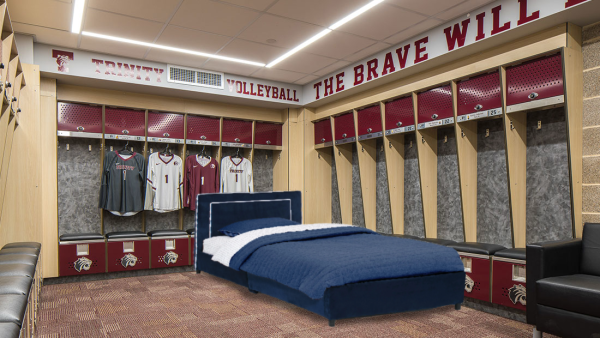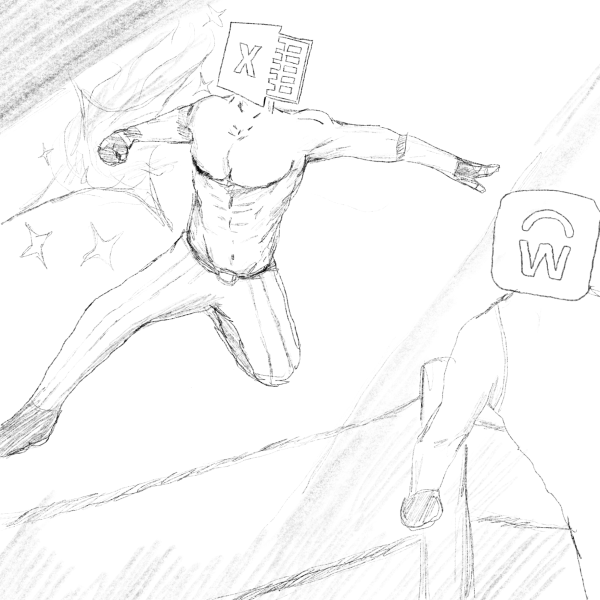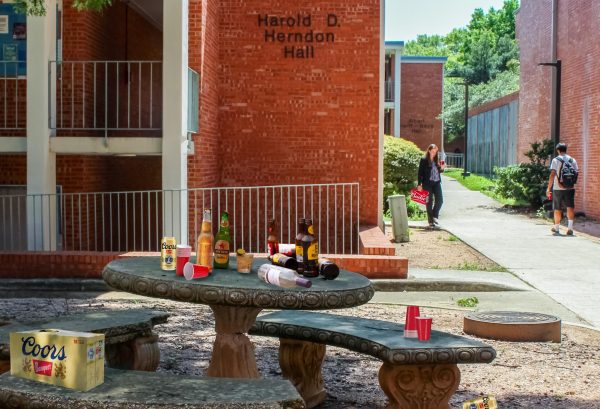Student Accessibility Services: A helping hand on campus
SAS seeks to make navigating campus less difficult for students with physical disabilities
Tiger Learning Commons in the library is home to the Student Accessibility Services department.
The transition to college is difficult for any student; the heavy workload, social responsibilities and newfound independence all force students to acclimate quickly. With the addition of a disability, this acclimation is even more strenuous.
These students must excel in an environment catered to able-bodied and neurotypical people. The structure of Trinity is covered by stairs and has few elevators, so getting around as a disabled student can be grueling. Navigating campus and getting to class is a daily challenge, according to first-year Will Sharpe, communications and philosophy double major.
“Dorms are placed in an area where you can’t get to class in a timely manner,” Will Sharpe said. “You can avoid the stairs if you spend enough time looking for [another way], but it’s not feasible for someone to do every day.”
To attempt to help students like Starpre succeed at Trinity, Student Accessibility Services (SAS) is there to “provide or arrange reasonable accommodations for students in collaboration with the faculty and the student,” according to the SAS Rights and Responsibilities policy.
All students in need of accommodations have the right to “expect nondiscrimination and equal access to courses, programs, services, activities and facilities offered through Trinity,” and to “receive reasonable and appropriate accommodations in a timely manner from SAS and faculty.”
However, students may not know what services SAS provides to commit to these rights and responsibilities. Laura Ramsey, the newly-appointed director of SAS, shed light on their services.
“We provide a number of resources dependent upon students’ needs,” Ramsey said. “Overall, we offer accommodations, technology and support programs.”
To initiate the process of receiving these accommodations, students must reach out to SAS.
“We meet one-on-one with the students to talk about how their symptoms are impacting them academically in and out of the classroom and try to tailor the best approach to meet their needs,” Ramsey said.
“For example, if a student is expressing that they’re spending a lot of time reading their assignments and having difficulty comprehending what they read, then we’ll look at something that would help them be productive with what they’re reading: a reader, a text-to-speech pen or extra time on exams,” Ramsey said.
In Sharpe’s case, they “requested housing closer to the upper campus,” and these accommodations were given. However, with the physical inaccessibility of campus, Sharpe mentioned that SAS “can’t do anything to actually make it more accessible.”
Ramsey said that they “offer a couple of things, like scooters,” but that they’re “open to additional accommodations moving forward.”
The students that request such accommodations also must provide documentation of their disability, but there is leeway when this is not possible.
“We know there are students who have difficulty getting documentation for financial reasons. Right now it’s difficult to get to a therapist in a timely manner, so we will work with students in the interim until they get that verification,” Ramsey said.
Students should not be afraid to reach out in want of any of these accommodations, and they can do so through SAS@trinity.edu or by going to the Tiger Learning Commons.
Regardless of a student’s involvement in SAS, we can expect more from them in the coming months. SAS is rolling out a new program with first-year students.
“We have hired student ambassadors,” Ramsey said. “They are upper-class students that use SAS. They went through training and are peer-certified to work one-on-one with new students who are SAS-registered to help with the transition process of coming to college.
“We’re also in the process of creating programs,” Ramsey said, “one or two programs a semester to create awareness on campus regarding accessibility services on campus. We hope to grow that.”
Overall, Trinity’s Student Accessibility Services are meant to ease this transition for disabled and neurodivergent students.
“I love working with our students at Trinity,” Ramsey said. “Don’t be afraid to come in and ask for what you need.”
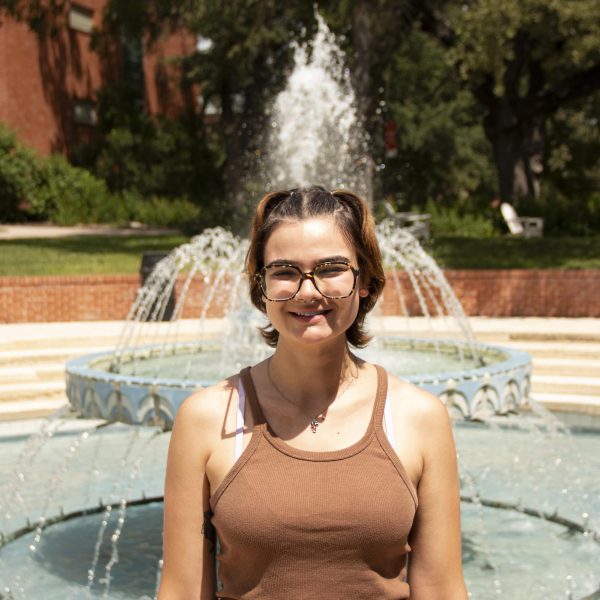
Hi! My name is Samara Gerstle (she/her), and I’m the managing editor of the Trinitonian. I’m a junior English major with minors in creative writing...
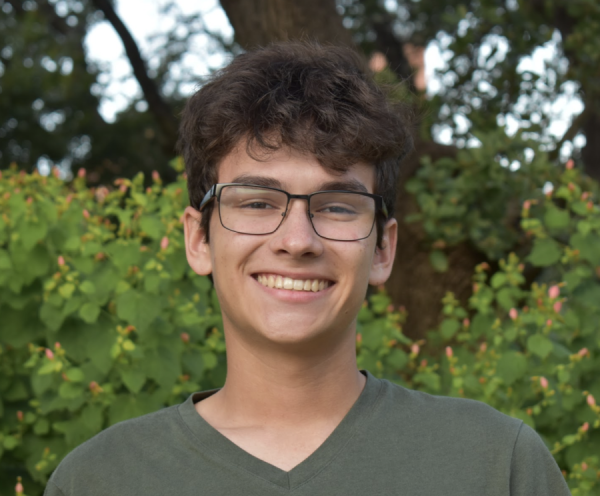
My name is Sam (he/him) and I'm a photographer here with the Trinitonian. I'm a senior Communications and German double major from Austin, Texas, and...

